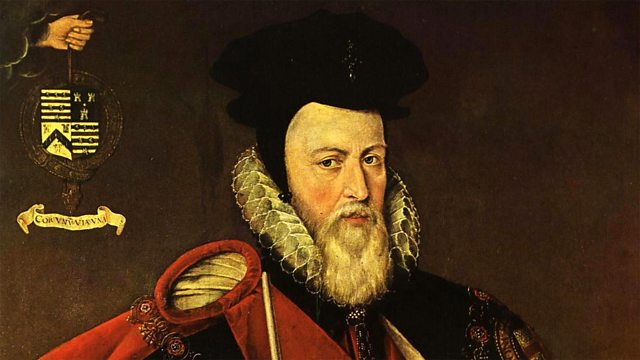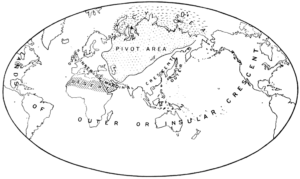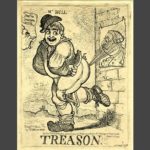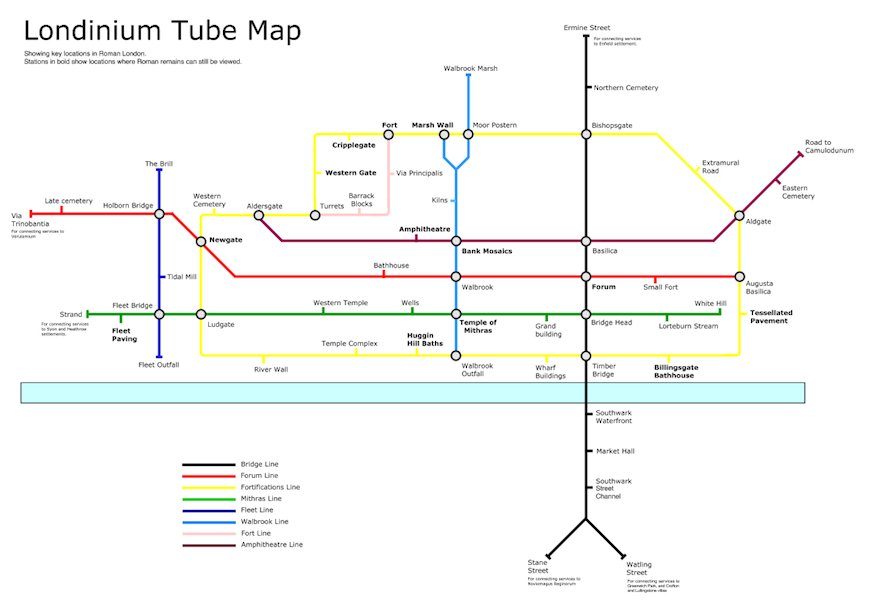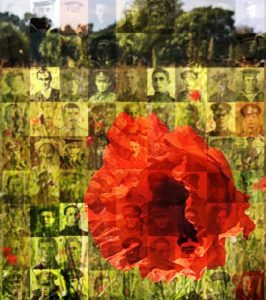
Year Nine,
The following letter and PowerPoint will be available on the school Gateway in the near future. However in case you have problems with it, I have added them here as well.
My PowerPoint
As you may be aware, Year Nine students are studying the First World World War in the run up to the centenary of the Armistice in November. To mark such a significant anniversary, we are going to ask each student to research one person involved in the war. Typically this will be a soldier who died, however we are open-minded to other suggestions. This work will take place in three history lessons from Monday 8th October, and the school has paid for a license to the https://www.ancestry.co.uk/ website. Mrs Keeler in the LRC has a background in genealogy, and she will help the students develop their research skills as part of this project. The department intends to focus upon the names found the Ascot War Memorial (https://www.warmemorialsonline.org.uk/memorial/147923/).
I am writing to you however, in case you have a family member involved in the First World War, who your son or daughter would like to research instead. If so, they will need their full name, and any family or military information that you have about them. In particular, an electronic photograph would be very helpful. You may like to look at the attached PowerPoint presentation that we will be using with the students. In it, I model how I researched my relative, who died at the Battle of the Somme. Could I please ask however that no family records are brought into school for obvious reasons. In this digital age, scanned documents are ideal.
I hope very much that your son / daughter enjoys these lessons, and that it helps them to make sense of the forthcoming anniversary. Please contact either me or your child’s history teacher if you have any further questions.
Yours sincerely,
Alan Kydd.
Head of History.

